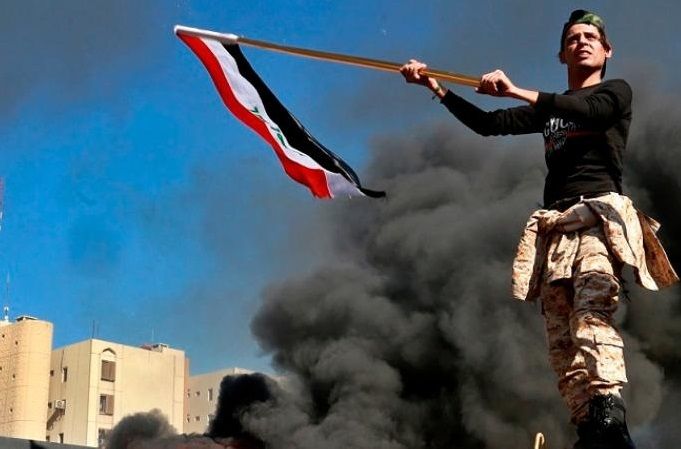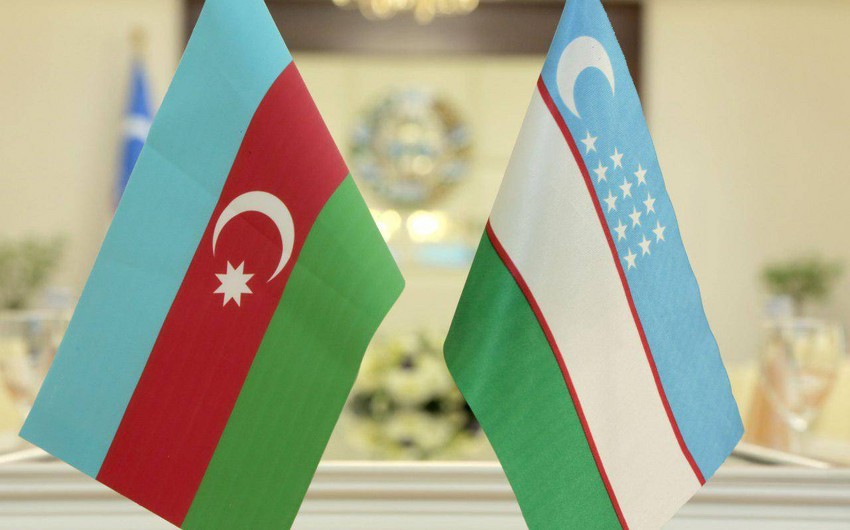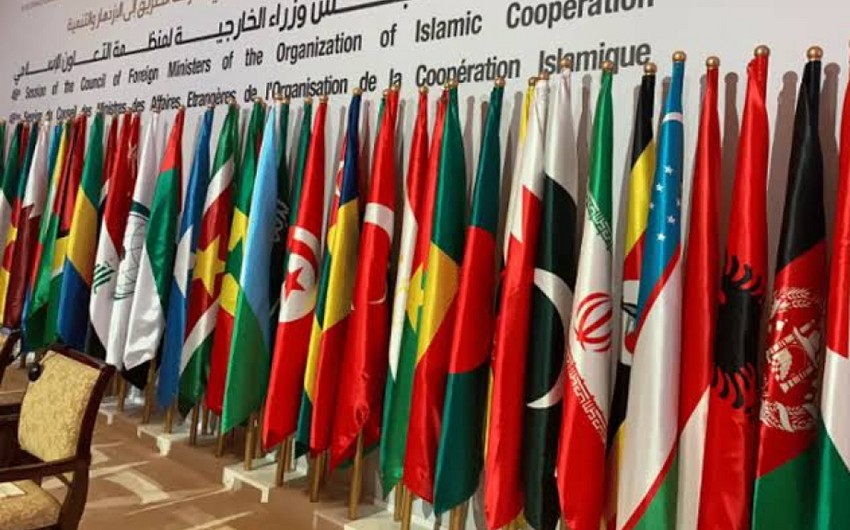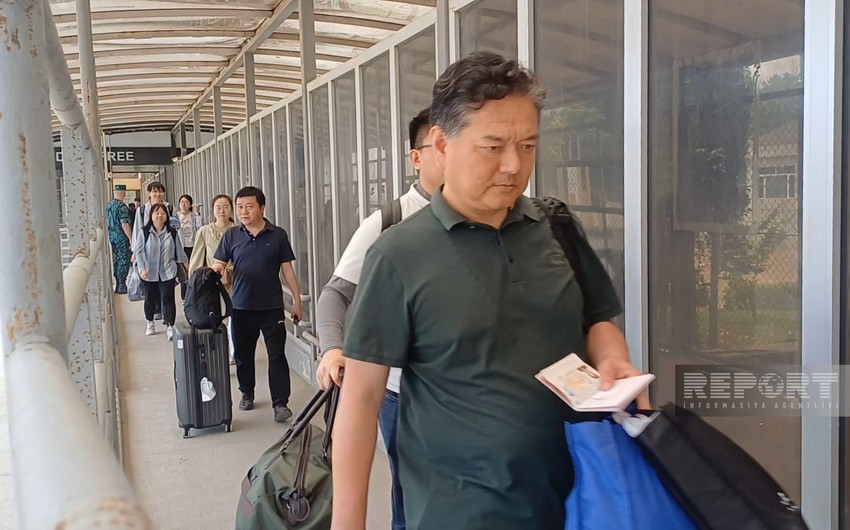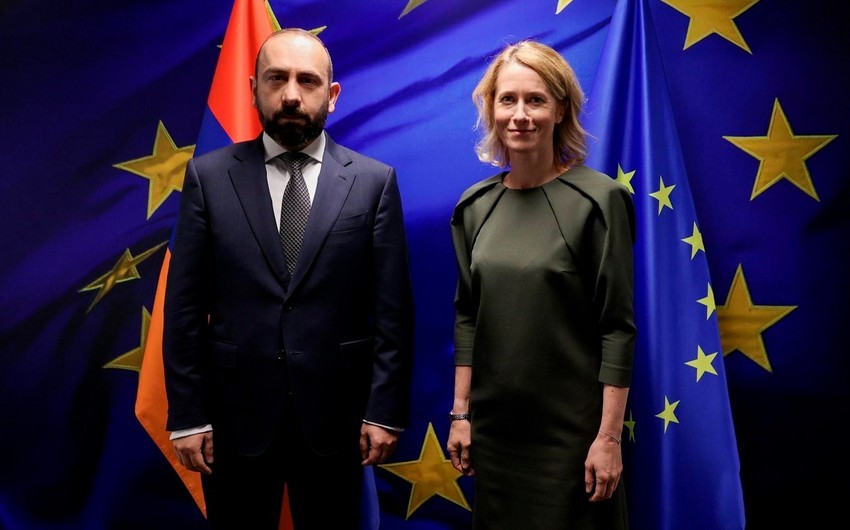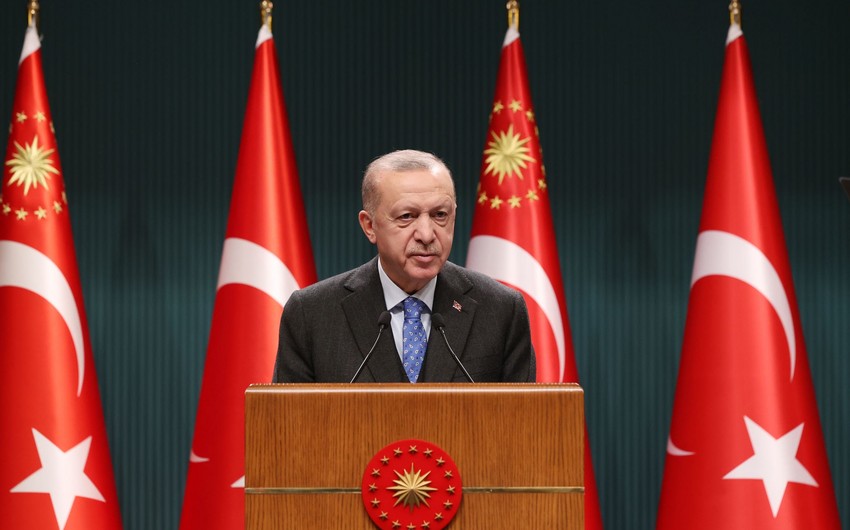2020 started with the reigniting of conflicts in the Middle East and followed global pandemics. The Middle East became burning pot again by the murdering of Iranian general Qasem Soleimani. Following the death of prominent Iranian General operating in the region, COVID-19 pandemics gave opportune situation for the reactivation of ISIS and attacks of militants against US bases.
Lt. Gen. Pat White, the commander of Operation Inherent Resolve said that ISIS claimed 152 attacks in 2019 and there were 151 claimed attacks in 2020 and according to CNN this year attacks occurred in recent weeks. These occasions left Iraq’s security fragile and urge strategic relations with neighbors and the US. The State Department of the United States offered strategic dialogue with the Iraqi government. The new government of Iraq under Prime Minister Mustafa al-Kadhimi seems positive on the relations with the US. Mike Pompeo was among the first politicians who send congratulations to him.
On the analyzing of the tight situation in Iraq and the relations with the US, EDNews.net took the interview with retired intelligence officer Lieutenant colonel Rick Francona who was involved in the several mission in Iraq and the Persian Gulf
(2)(1).jpg)
Rick Francona is an author, commentator and media military analyst. He is a retired United States Air Force intelligence officer with experience in the Middle East, including tours of duty with the National Security Agency, the Defense Intelligence Agency and the Central Intelligence Agency.
- The US and Iraq have common security interests in the fight against ISIS. Why can’t these two states defeat such a terrorist organization? What are the main obstacles?
- Great question. The problem is multifaceted. ISIS is enjoying a resurgence in the Sunni areas of the county, taking advantage of the world’s focus on COVID-19, while the Iranian-backed PMU militias (hashd) are more intent on attacking American forces in the country at the behest of their masters in Tehran than actually fighting ISIS.
The fight against ISIS is further exacerbated by the volatile internal political situation in Iraq as the Iraqis struggle to find a government that is acceptable to all parties. Iranian influencers have permeated virtually every state institution. The result is a government that is (correctly) viewed by the Sunnis an Iranian-controlled Shi’a cabal that does not represent their interests. It is no wonder that ISIS is finding willing supporters.
So, if the fight against ISIS is not going to involve regular Iraqi military units and the counterterrorism forces, but rely on the PMU militias, they will have no access to U.S. intelligence, and more importantly, U.S./Coalition air support. Without it, they PMU will continue to lose fighters to ISIS.
As long as the Iraqi government is controlled by the Iranians, it is doubtful real progress will be made in the effort to eliminate ISIS once and for all. The main obstacle is Iran.
- The US seems to have failed in institution-building, enhancing the government in Iraq, which also affects insecurity in the region. What are your views about this? Why it is hard to build a sustainable government in Iraq?
- True enough – America has failed at its attempts at “nation-building” in Iraq. Why? Detractors often cite the successful Marshall Plan following World War II in which America helped rebuild Europe, but have failed to do so in the Middle East.
I argue that this is not a valid comparison. Rebuilding Europe was about restoring democracies that had existed prior to the Nazis, while the effort in Iraq was about creating a democracy and functioning state institutions in an area where they had never truly existed.
I am not sure there will ever be a sustainable government in Iraq until all of the people, all of the religious and ethnic groups, have actual input to the composition and functioning of that government.
As long as the Iranians continue to push their Shi’a agenda and virtually control the government in Baghdad, there will not be a participatory government. The Sunnis and non-Arab ethnic groups will continue to feel marginalized.
- What kind of Iraq does the US want in the Middle East?
- I hate to keep focusing on the Iranian regime, but it is the main obstacle to most of the problems in Iraq. The United States wants a united Iraq with a government that represents and serves all of its citizens with no outside interference. Ideally, it would become a partner in regional security initiatives, which, in the American lexicon, is to counter Iranian malign behavior in the region.
I don’t see it any time soon.
- Currently, what are US interests in Iraq? Because the Trump Administration is going to withdraw troops from the country, could we understand this move as the reduction of US interests in Iraq?
- The reason the United States has had its forces in Iraq since 2014 is to continue the fight against ISIS. As the threat of ISIS diminished, the need for American forces decreased.
Of course, the resurgence of ISIS following the loss of its territory and the inability of the Iraqi security forces to defeat the organization has required a continued American presence. Despite the efforts of the PMUs – which seem to have been given the mission by the Iraqi government – ISIS has not only survived but has become an even greater threat. As long as the Iranians are more focused on the American presence than defeating ISIS, the situation will not improve.
- The unilateral approach of Iran to the region is also another problem for US interests. Do you believe in that the US and Iran could reach a common agreement on the security of the region? Which situation is needed for forming this agreement?
- No, I don’t, and I hope the Trump Administration does not believe that any accommodation with the Islamic Republic can work. Just look at the disastrous JCPOA “nuclear deal” – the regime cannot be trusted.
If the Iranians want and end to the tensions in the Gulf, all they have to do is stop causing them.
By Ulvi Ahmedli

